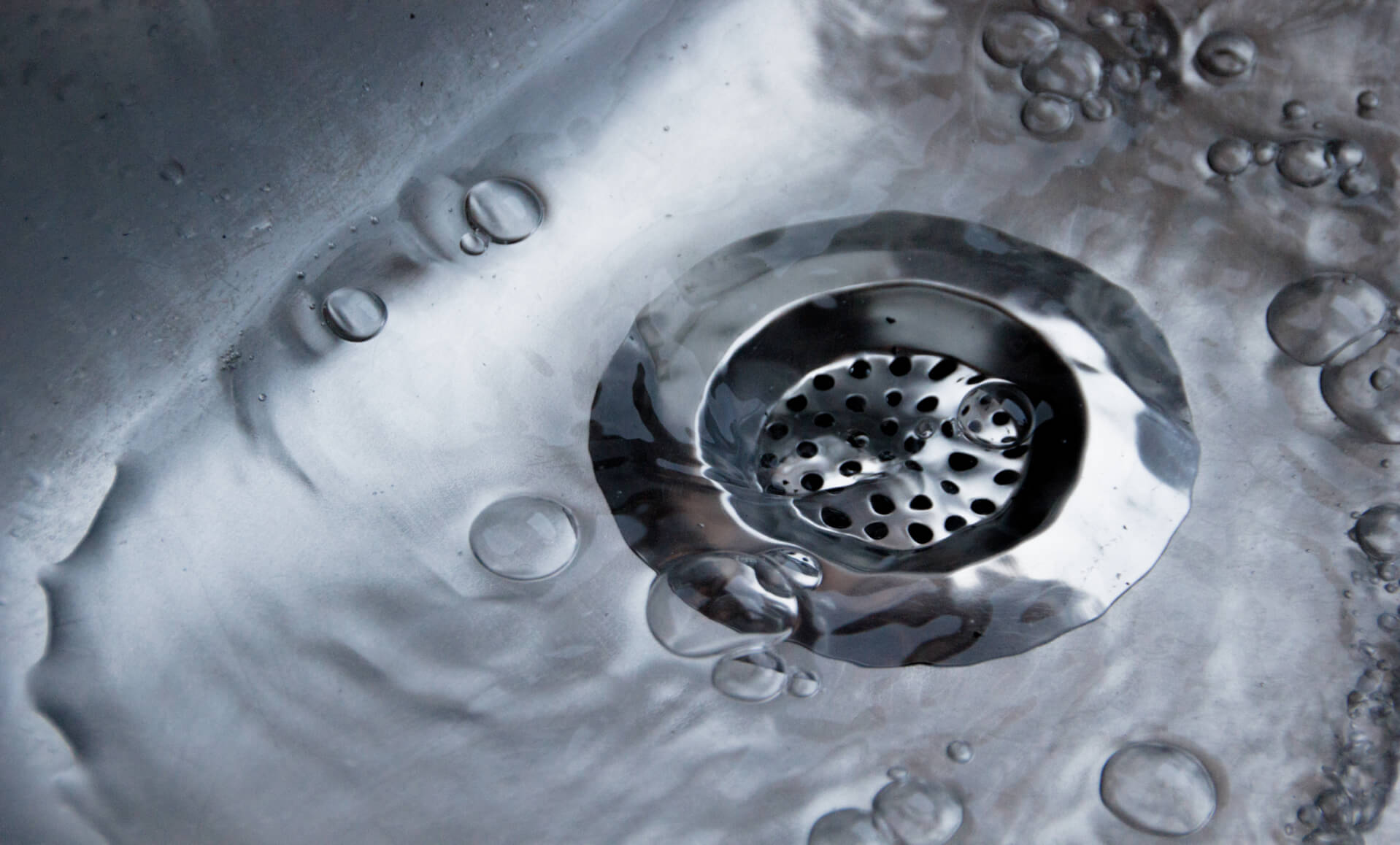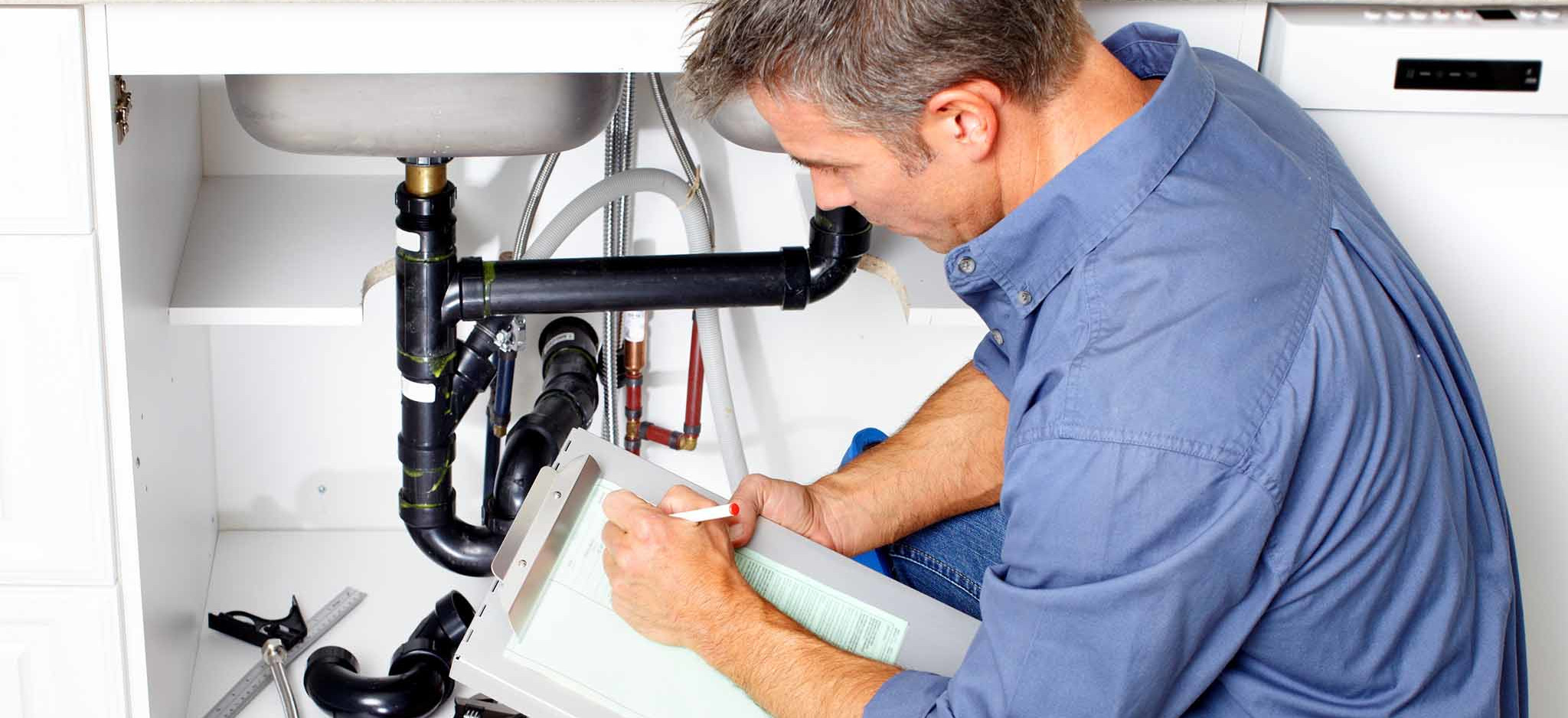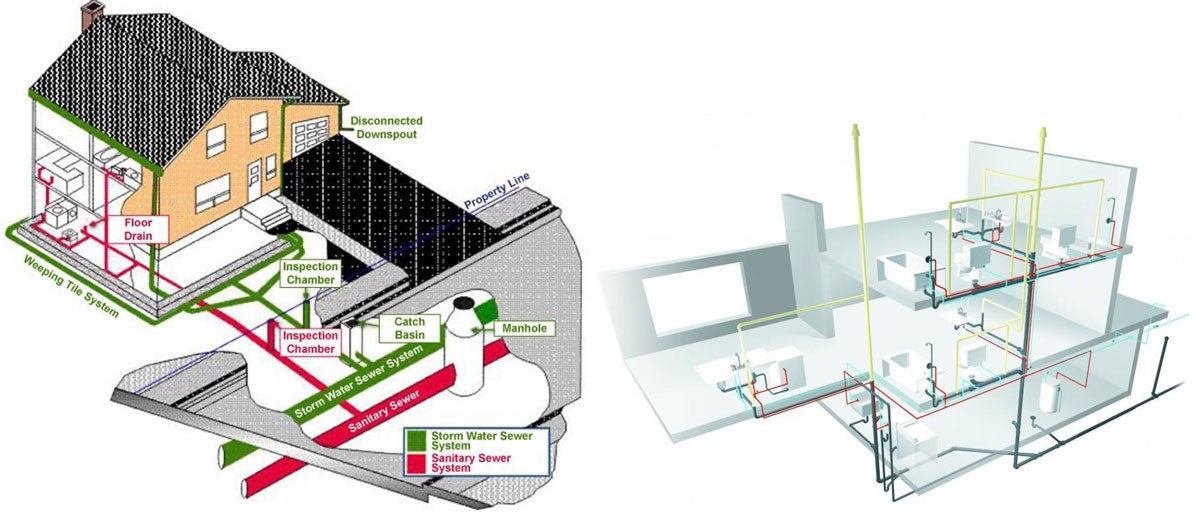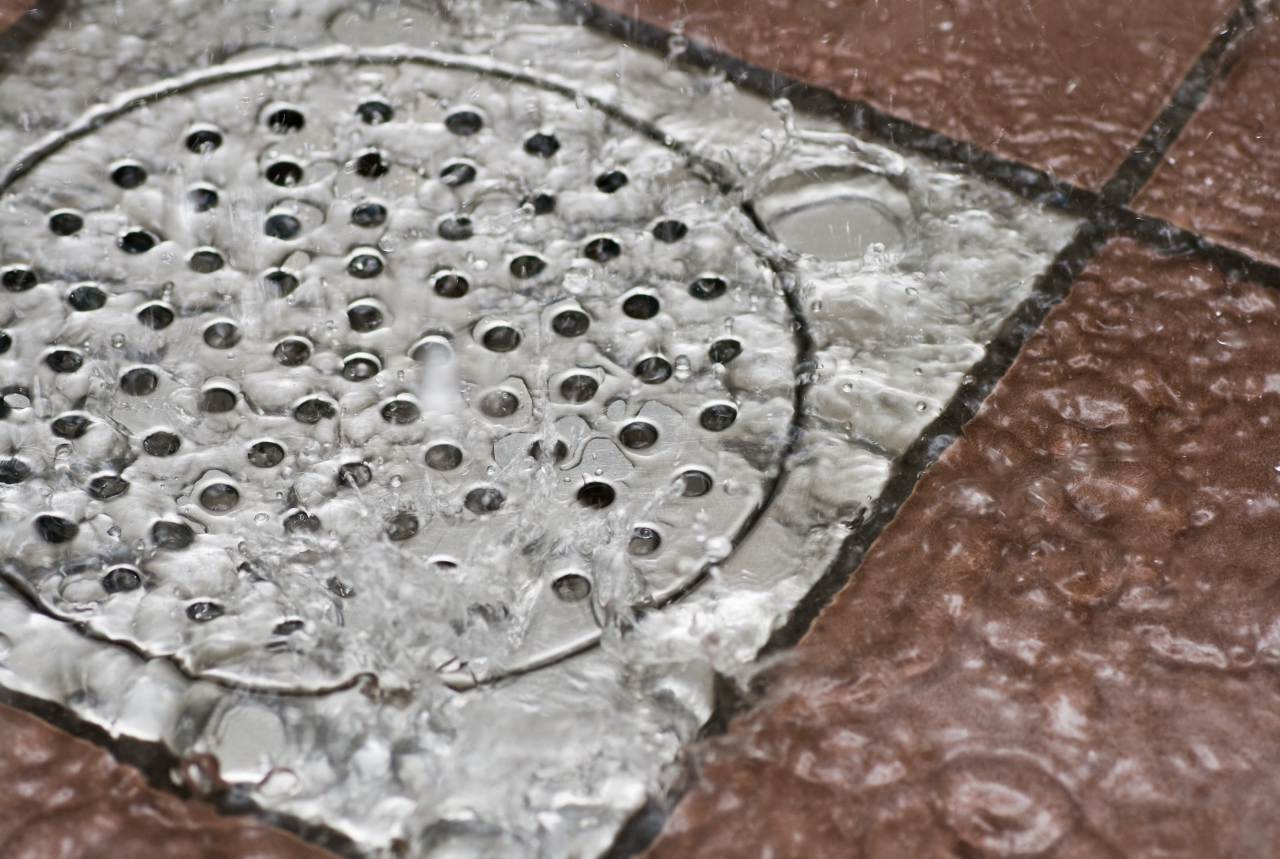Why Pouring Grease Down Your Drain is a Recipe for Trouble
Did you know? According to plumbing industry statistics, FOGs (Fats, Oils, and Grease) are responsible for approximately 47% of all sewer overflows in the United States annually. These blockages cost municipalities and homeowners millions of dollars in repairs and can lead to environmental contamination when sewage backs up into homes or overflows into waterways.
Your kitchen sink is the unsung hero of your culinary adventures, handling everything from washing produce to cleaning dishes after a hearty meal. With a garbage disposal installed, it's tempting to think your sink can handle almost anything. However, there's one category of kitchen waste that should never go down your drain: FOGs—Fats, Oils, and Grease. This seemingly innocent trio can transform from helpful cooking ingredients to plumbing nightmares in a matter of minutes. Let's explore why these substances pose such a significant threat to your home's plumbing system.
The Science Behind FOG Clogs
Understanding why FOGs are so problematic requires a quick lesson in basic chemistry. When hot, these substances exist in liquid form, flowing easily down drains. However, the transformation that occurs as they cool is what creates plumbing disasters:
How FOGs Create Clogs
- Phase change: Grease transitions from liquid to solid as it cools
- Adhesion: Solidified fats stick to pipe walls, creating a sticky surface
- Accumulation: The sticky surface captures food particles and other debris
- Restriction: Over time, the pipe's diameter narrows, reducing water flow
- Blockage: Eventually, the pipe becomes completely obstructed
Cities and municipalities across the country have strict regulations against disposing of FOGs in drains. The reason is clear: when hot grease cools inside your pipes, it solidifies and adheres to pipe walls. This process occurs gradually and out of sight, making it particularly dangerous. While you might think running hot water simultaneously would prevent solidification, the grease eventually cools further down in your plumbing system, where it can combine with other debris to form stubborn blockages.
Beyond your home's plumbing, FOGs contribute to massive problems in municipal sewer systems. These substances can form what utility workers call "fatbergs"—enormous masses of congealed fat, sometimes weighing several tons, that block sewer lines and require expensive, labor-intensive removal procedures.
Pro Tip: Never pour cooking oils, bacon grease, or other fatty substances down your drain, even if you run hot water afterward. The solidification happens further down in your pipes where you can't see it. A single pan of bacon grease can contaminate up to 6,000 gallons of water!
Warning Signs of a FOG Clog
Recognizing the early signs of a grease clog can help you address the issue before it becomes a major problem:
- Slow-draining sink, especially in the kitchen
- Gurgling sounds when water goes down the drain
- Unpleasant odors coming from the drain
- Water backing up into other drains when using the sink
- Multiple drains clogging simultaneously (indicating a main line issue)
DIY Solutions for FOG-Related Clogs
If you suspect a grease clog is forming in your pipes, try these home remedies before calling a professional:
Step-by-Step Clog Removal
- Pour ½ cup of baking soda directly into the drain
- Follow with 1 cup of white vinegar
- Cover the drain immediately to contain the reaction
- Wait 30 minutes for the mixture to work
- Flush with very hot (not boiling) water for 1-2 minutes
- Repeat if necessary for stubborn clogs
The baking soda and vinegar combination creates a natural chemical reaction that helps break down fatty acids in grease, converting them into soap-like substances that wash away more easily. For particularly stubborn clogs, you may need to repeat this process several times or ultimately seek professional assistance.
If DIY methods fail to resolve the issue, it's time to call a professional plumber. Attempting to use chemical drain cleaners on grease clogs can sometimes worsen the problem or damage your pipes, especially if you have older plumbing systems.
Preventing Future FOG Clogs
The best approach to FOG clogs is prevention. Establishing good kitchen habits can save you from expensive plumbing repairs and the inconvenience of dealing with backed-up drains. Here's how to properly dispose of cooking fats, oils, and grease:
Safe Disposal Methods for FOGs
- Cool and trash: Pour cooled grease into a disposable container and throw it in the trash
- Wipe before washing: Use paper towels to wipe pans before washing to remove excess grease
- Use a collector: Install a grease trap or collector for your sink if you cook with oils frequently
- Recycle: For large amounts of cooking oil, check if your community has a recycling program
- Compost (certain oils): Small amounts of vegetable oils can sometimes be composted with plenty of dry material
By adopting these simple practices, you'll not only protect your home's plumbing system but also contribute to maintaining the health of your community's sewer infrastructure. Remember that preventing a clog is always easier and less expensive than fixing one after it occurs.
When to Call a Professional
While minor grease clogs might respond to DIY treatments, certain situations call for professional intervention:
- Multiple drains backing up simultaneously
- Recurring clogs despite proper prevention methods
- Sewage odors in or around your home
- Water backing up into tubs or showers when using other fixtures
- Unusual sounds coming from your plumbing system
For all your plumbing needs, trust Plumb-All—a company backed by over two decades of experience, proudly serving the Jonesboro, GA community. Our professional technicians have the tools and expertise to safely remove FOG clogs without damaging your plumbing system, and can provide personalized advice for preventing future issues.
Dealing with a stubborn drain clog? We can help!
Call us at 844 PLUMB-ALL


